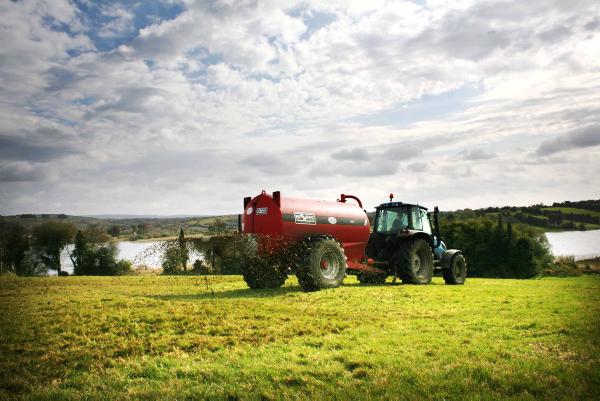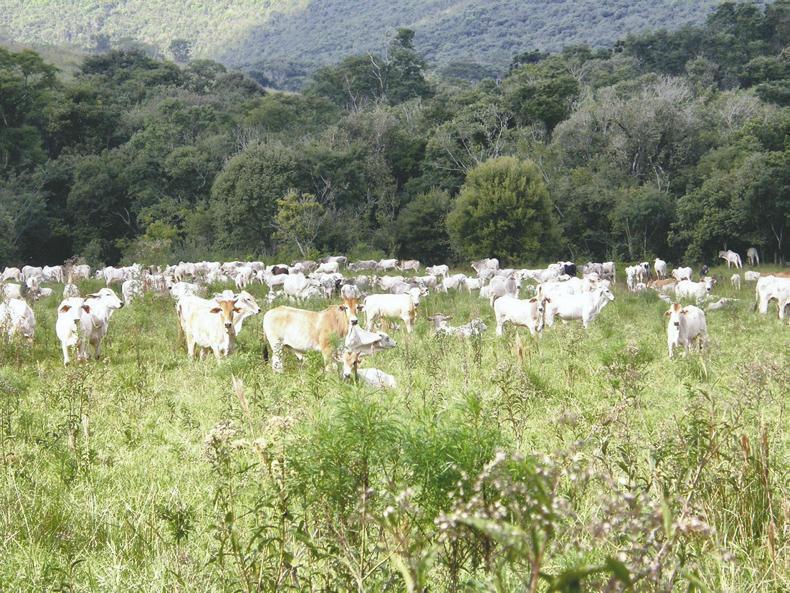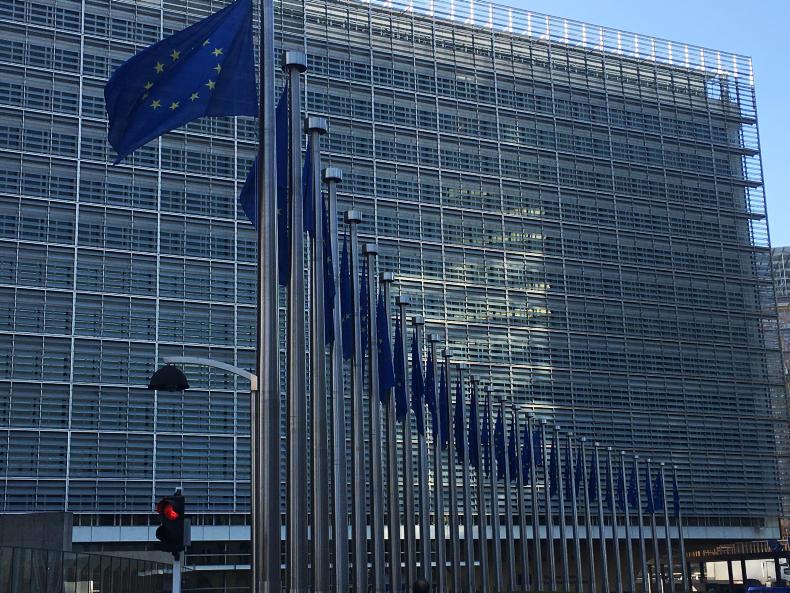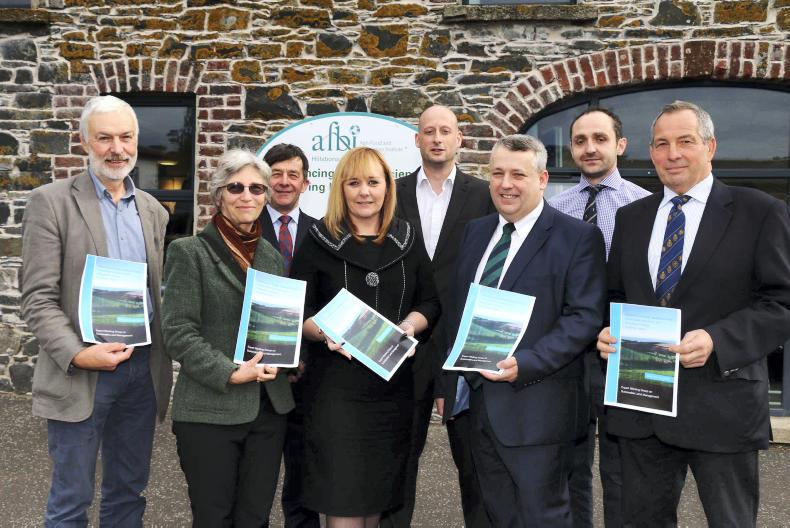An expert working group led by the former president of the Ulster Farmers’ Union, Dr John Gilliland, has proposed that the sale of slurry tankers fitted with conventional splash plates should be prohibited from 2020, ahead of a total ban to come into force in 2025.
The recommendation is one of a series of measures proposed to tackle the issue of ammonia emissions from agriculture.
The group also suggests that farmers should stop using straight urea by 2020, and instead opt for treated or stabilised urea fertilisers, while future capital grants should prioritise developments that include technologies to reduce ammonia emissions (such as covering slurry stores).
With 91% of all ammonia emissions in NI coming from agriculture, and specifically from livestock, tackling the problem is now seen as crucial to the future sustainability of NI farming.
Ammonia is created when faeces and urine mix, and when lost to the atmosphere is deposited as various nitrogen compounds.
This can have extremely negative consequences for plants adapted to low nitrogen conditions.
The effects are most clearly seen in designated sites and priority habitats, where these plants are being out-competed by more nitrogen tolerant plants, leading to a loss of biodiversity.
Speaking at the launch of the report this week, Gilliland maintained that the effect of air pollution due to ammonia emissions is wider than just what is seen in priority habitats. “The evidence is overwhelming that there is damage being done to the environment. Habitat deterioration can be stopped and the industry can thrive, but we all need to step up to the plate. There are difficult decisions to take,” he said.
However, he also acknowledged that there are significant knowledge gaps around the issue of ammonia emissions, with more research required, and more to be done around communicating with farmers.










SHARING OPTIONS